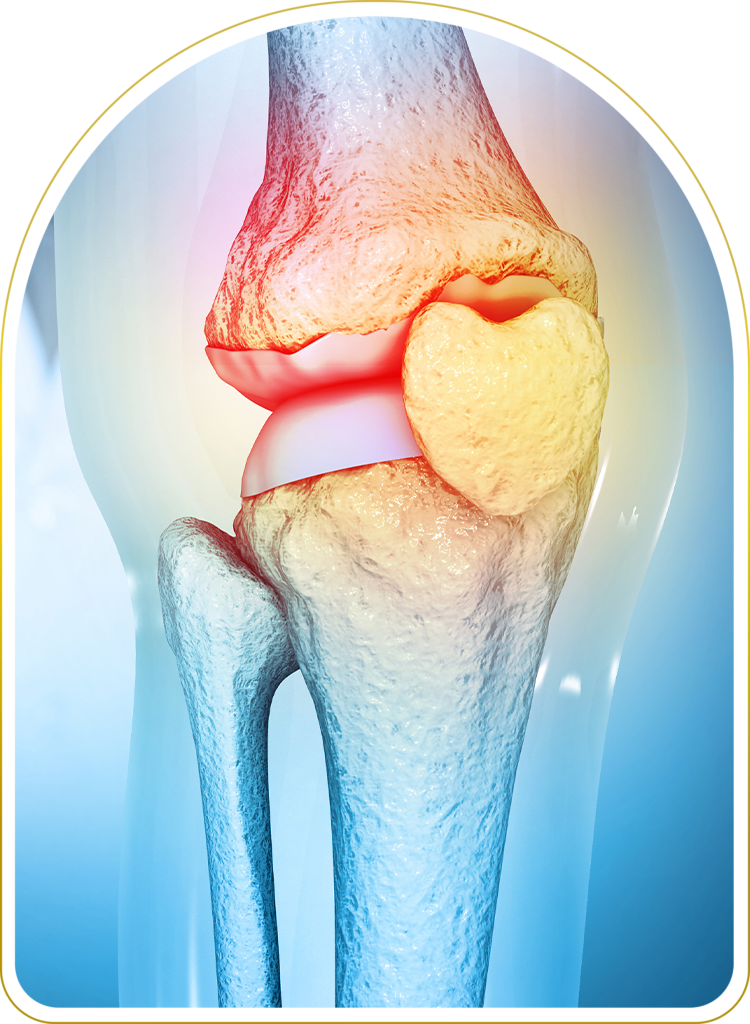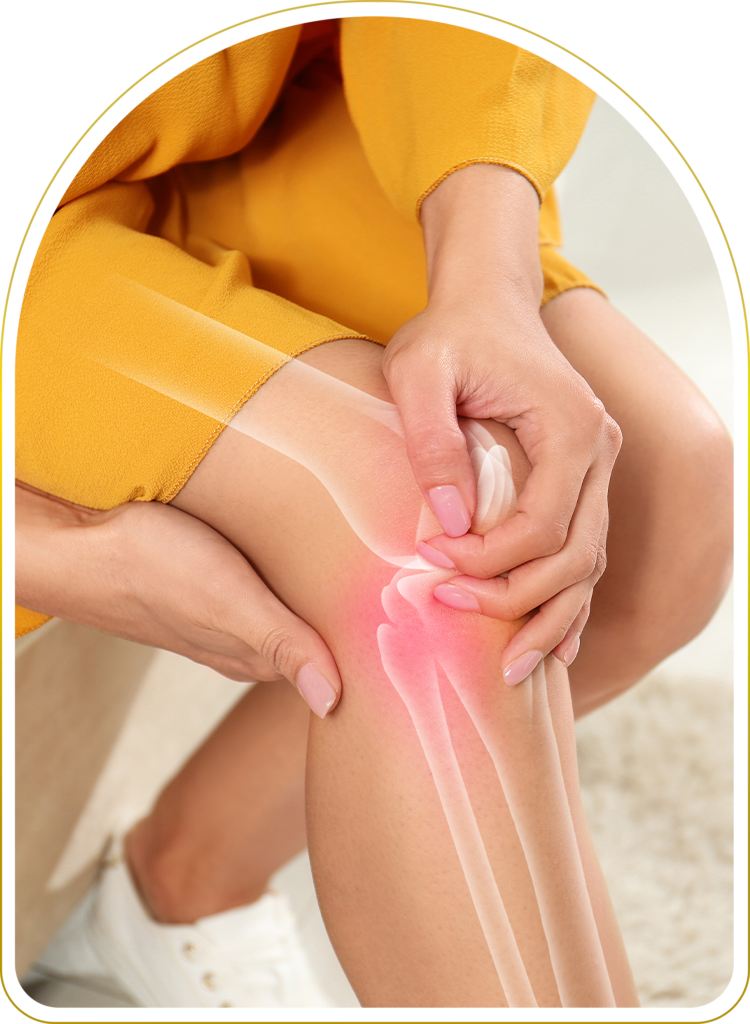Exosomes for medical reasons are tiny vesicles or particles derived from cells, such as stem cells, that carry bioactive molecules like proteins, lipids, and nucleic acids. These exosomes can be isolated and used in regenerative medicine and therapeutic applications to influence cellular behavior, modulate inflammation, and promote tissue repair and regeneration. Exosome-based treatments are being explored for a wide range of medical conditions, including musculoskeletal disorders, neurodegenerative diseases, wound healing, and cardiovascular conditions, with ongoing research to harness their potential benefits in clinical settings.

Exosome-based medical treatments involve the isolation of exosomes from a donor source, typically stem cells, and their purification. These isolated exosomes are then administered to a patient, either through injection or topical application, where they can modulate cellular processes, reduce inflammation, and promote tissue repair and regeneration, depending on the specific therapeutic goal.

Exosome-based medical treatments are being explored for patients with various medical conditions, including those with degenerative joint diseases like osteoarthritis, individuals with neurodegenerative disorders such as Alzheimer’s or Parkinson’s disease, and those seeking wound healing solutions, especially for chronic or non-healing wounds. The potential beneficiaries of exosome treatments are diverse, spanning a range of conditions where tissue regeneration and modulation of cellular processes may offer therapeutic benefits.
Before undergoing exosome-based medical treatment, it’s advisable to discuss any specific pre-treatment instructions with your healthcare provider. While there are typically no specific dietary or medication restrictions, it’s essential to follow the guidance provided by your medical team to ensure the best possible outcome for your particular condition and treatment plan.
Exosome-based medical treatment in Dubai typically involves a series of injections or topical applications, depending on the condition being treated. During the procedure, a healthcare provider administers the isolated exosomes to the targeted area or systemically, with the treatment often conducted in an outpatient setting, and patients can usually resume their normal activities afterward.
The expected results after Exosome-based medical treatment can vary depending on the specific medical condition and the individual’s response to the therapy. In some cases, patients may experience improvements in symptoms, reduced inflammation, enhanced tissue regeneration, and an overall better quality of life, but the extent and duration of these outcomes can vary, and multiple treatments may be needed for optimal results.
If you’re seeking innovative solutions for your medical concerns, explore the potential of Exosomes for Medical Reasons with our experts at Hortman Clinics today!
Our specialists are experienced in evaluating and diagnosing the ideal candidates for a Exosomes for medical reason treatment and performing successful treatments.
Elevate Health with our Best Exosomes for medical reason Treatment in Dubai!
Exosome therapy is generally considered safe, as it often involves using the patient’s own cells (autologous) or carefully screened donor cells. However, like any medical treatment, there can be risks and side effects, which should be discussed with your healthcare provider.
The success rate can vary widely depending on the condition being treated, the specific treatment protocol, and individual factors. Consult with your healthcare provider to discuss expected outcomes for your particular case.
© 2023, Hortman Clinics. M.O.H. Approval No. 02OYJM05-030323
